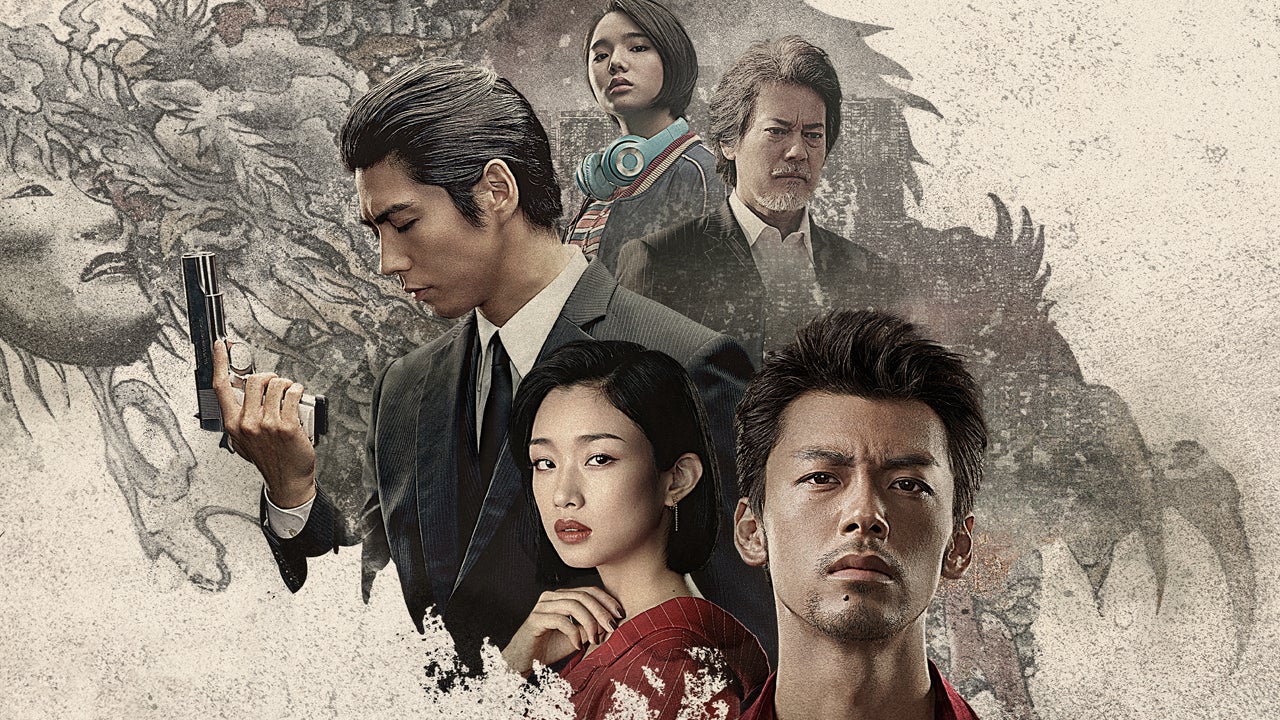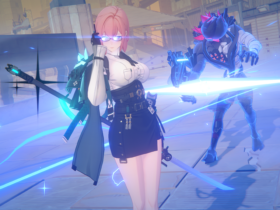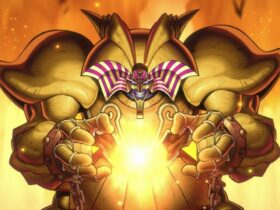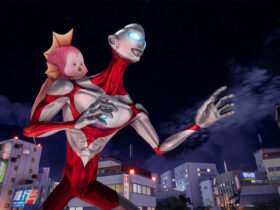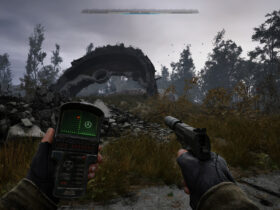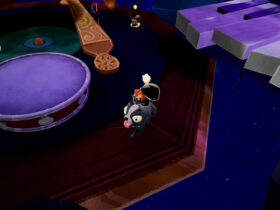Like a Dragon Yakuza, a TV series produced by Amazon Prime Video under the licence of the glorious SEGA and RGG Studio saga, is a tremendous disappointment. I can’t begin without this necessary premise, stemming from a high level of expectation that, as a fan of the series, has been buzzing in my mind since the reveal. Those, of course, along with a good dose of doubts, which are always somewhat valid when it comes to such marketing manoeuvres, unfortunately proved to be largely justified in this specific case. However, I want to defend the creators just a little.
Like a Dragon Yakuza is not a bad TV series at all; in fact, it’s quite enjoyable to watch and flows well in terms of pacing, but it fails in the most crucial aspect: delivering a believable story that honours a brilliantly written product. It’s a true paradox to fail in this regard, especially since the main problem with this adaptation is that it takes too many liberties with the ‘original’ story in a way that is frankly inexplicable. After finishing the episodes, I feel even more frustrated because, with a bit more effort, we could have witnessed a dignified product that would further highlight the brand’s increasingly evident success; but unfortunately, we will have to wait a bit longer.
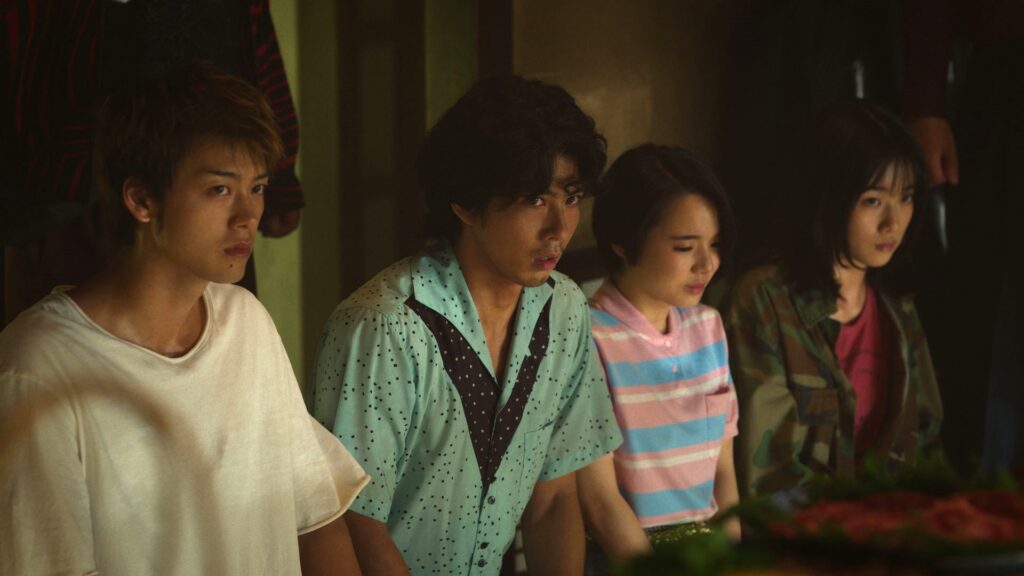
Like a Dragon: like a dragon, but without the same fire
Prime Video and SEGA, let’s be clear, worked closely to create this TV series. I emphasize this because it’s important to highlight the great effort and conviction that went into the project. The story, as mentioned, aims to represent a kind of reimagining of the character’s origins Kazuma Kiryu, the undisputed face of multiple generations and a symbol of the work of RGG Studio, but I’ll tell you right away that it ends up straying too far and quickly losing its way. The story is told across two different timelines: 1995 and 2005. This narrative device is well-established, frequently used, and has often appeared in the video game saga, but in Amazon Prime Video’s series, it becomes a source of disruption on more than one occasion. The underlying issue, without dwelling on the numerous narrative liberties that already clash (I’ll return to that shortly), is the very choice to fragment the narrative so much, making everything heavier and further discouraging the viewer’s understanding of the story.
A story that, as I mentioned at the beginning, is only vaguely based on the original narrative framework and immediately takes heavy distances from the original story, not just in the themes addressed. At the heart of the story is, of course, Kazuma Kiryu, but he is a very different character from the one seen in the series, irrespective of the talent of Ryoma Takeuchi, clearly a big fan of the series with great emotional investment (and it shows), especially in the “initial” phase. His intentions also appear to be more personal and less noble, and the entire narrative setup revolves around this. Kiryu is indeed blinded by success and a desire for revenge, wanting to escape a miserable and unfulfilling life, and this aspect makes the protagonist too different, developing in a way that is not coherent with the original. This issue, already problematic in itself, goes hand in hand with what I mentioned earlier; however, paradoxically, in terms of pacing and entertainment, the product still functions, although it almost always fails to convey the same feelings and emotions as the source material.

Too many liberties, poor execution
Aside from the choice to tell a story in a too haphazard and fragmented manner, as I mentioned earlier, the overall pace remains enjoyable and fast-paced. This is due to choosing to give the entire series a bit more of a teen drama vibe rather than a TV series with a more authorial ambition, and the final result is still overall interesting. However, the problem is that, in order to analyse it all, one must always return to the source material, and unfortunately, the TV series produced by Amazon completely misses the mark in this regard. I’ll be honest: I just don’t understand the need to change and alter a large part of the characters and their portrayal on screen. Especially the early chapters of the video game were truly masterfully written, so sticking closely to the familiar formula would likely have been sufficient to achieve a slice of success.
This is especially apparent when examining historical and iconic characters like Goro Majima, the good old Nishikiyama, the lovely Yumi, and even little Haruka. Each of them, from the members of the Tojo Clan to the young residents of the iconic Sunflower orphanage (originally called Himawari), are represented with enormous, outrageous, and contextually out-of-place creative liberties that often make it practically impossible to contextualize them with the source material. Like a Dragon Yakuza takes far too many liberties, and the final result is a product with dual implications. On one hand, I found it an entertaining show to follow, but on the other hand, I can’t overlook that the commonalities with the original story are far too few to justify using such a significant licence, especially narratively.
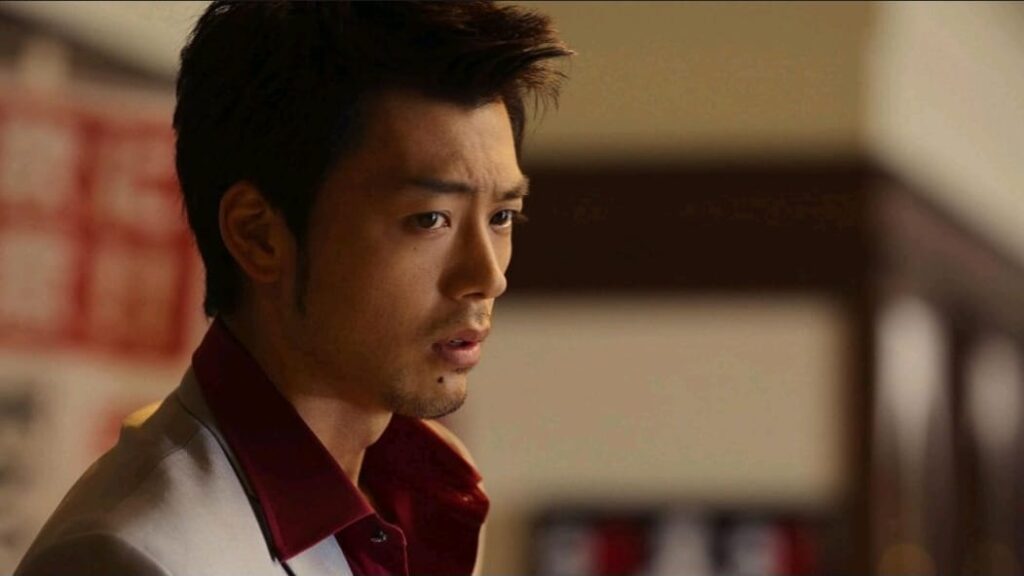
Yakuza within reach of everyone
In truth, I somewhat understand the creators. The original themes, treated in the original way, would never have adapted well to the vision they had for the story they ultimately decided to create, especially with the style they employed. This is absolutely not a justification; rather, it’s a warning flag, but it’s important to mention that I still find the series genuinely enjoyable to watch, given its pacing and modus operandi, provided one doesn’t take into account (or almost) that it’s a work derived from a product as charismatic as the Like a Dragon series (previously known as Yakuza in Italy). It’s clearly a double-edged sword, a risk that we don’t feel inclined to share too much.
However, if you’re looking for a series with a crime theme that has “light” tones and is told with the classic flair of products that resemble those popular telenovelas and teen dramas over the last few years, you might find a nice pastime in Amazon Prime Video’s series. The show includes all the successful elements: femme fatales, caricatured characters, edge-of-your-seat moments, and a good dose of action, but you will have to deal with a narrative that, despite its many creative liberties, often loses itself and becomes excessively heavy and diluted.
Like a Dragon Yakuza fails to replicate the same solemn, authorial energy of the source material. It’s a fair TV series that is watchable and never boring, but it is absolutely unable to pay tribute to either the character of Kazuma Kiryu or, in general, the masterful work of RGG Studio. The episodes flow pleasantly, and in general, the pace is always lively, with the situations presented managing to engage just enough, but we are still facing a significant missed opportunity. It’s a shame because the source material is truly substantial, and they could have—and indeed should have—done more.


